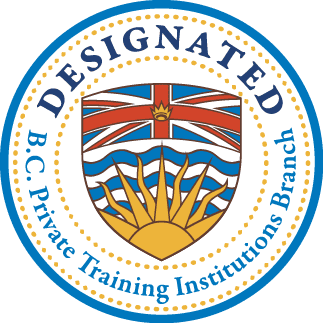From the earliest days of Canada’s history, Indigenous peoples have been at the forefront of protecting their land and contributing to the nation’s defence. Despite facing systemic challenges and historical injustices, Indigenous Canadians have made significant contributions to the military, showing extraordinary courage, skill, and resilience. Their involvement in global conflicts and domestic defence has helped shape the country, and their legacy continues to inspire.
Early Conflicts and Alliances
Indigenous peoples’ engagement in military affairs predates Canada’s formation. Long before European settlers arrived, Indigenous communities had established alliances, sophisticated military tactics, and their own code of ethics in warfare. During colonial times, many Indigenous nations allied with European forces, notably fighting alongside the British during the War of 1812. Figures such as the legendary Shawnee chief, Tecumseh, emerged as strategic leaders whose skills were recognized and respected by allies and foes alike.
World War I: Fighting for a Country That Didn’t Recognize Them
At the start of the First World War, Indigenous Canadians were initially excluded from military service. However, as the war intensified, restrictions were lifted, and over 4,000 Indigenous men enlisted—a considerable number given the limited Indigenous population. Indigenous soldiers earned respect on the battlefield for their marksmanship, tracking skills, and bravery. Notable figures like Francis Pegahmagabow, an Ojibwa from Ontario, became one of the most highly decorated Indigenous soldiers in Canadian history. Known as a skilled marksman and scout, Pegahmagabow’s accomplishments include capturing enemy soldiers and saving lives while enduring the war’s brutal conditions.
World War II: A Continued Legacy of Service
Indigenous participation in the Second World War saw even higher enlistment numbers. Over 3,000 Indigenous men and women served in various roles. Many distinguished themselves, including Charles “Checker” Tomkins, a Métis Cree from Alberta, who served as a Cree Code Talker. These code talkers used Indigenous languages to send secure communications, which proved invaluable in confusing enemy forces and securing sensitive information.
The war years also brought unique challenges. For instance, Indigenous soldiers returned to Canada hoping for recognition and support. Yet, many were denied veterans’ benefits due to the Indian Act’s limitations, a grave injustice that affected Indigenous veterans for decades.
Korean War and UN Peacekeeping
After World War II, Indigenous Canadians continued their military contributions. They served in the Korean War and participated in Canada’s peacekeeping missions under the United Nations. Indigenous soldiers’ skills and understanding of the land and natural tactics proved highly effective in these roles. With their unique abilities, Indigenous veterans have been recognized within peacekeeping units and post-war diplomacy.
Modern Contributions and Remembrance
Indigenous Canadians remain active in Canada’s military. Today, Indigenous soldiers serve in every branch of the Canadian Armed Forces, including the Canadian Rangers—a volunteer force primarily made up of Indigenous members from Northern communities. The Rangers patrol vast territories in northern and remote areas, combining Indigenous knowledge of the land with military training to provide surveillance and emergency response services.
While the contributions of Indigenous soldiers have been remarkable, they have often been accompanied by hardship. Indigenous veterans faced systemic barriers and discrimination, including limited access to post-service support and exclusion from benefits. Today, initiatives are underway to rectify these historical wrongs. The National Indigenous Veterans Day, observed on November 8, recognizes the courage and sacrifices of Indigenous veterans.
Legacy and Future Generations
The stories of Indigenous soldiers are more than tales of service; they are accounts of resilience, pride, and an unbreakable connection to the land. Indigenous veterans have set a legacy that continues to inspire future generations. Organizations like the Aboriginal Veterans Society of Canada work tirelessly to ensure Indigenous veterans’ voices are heard and that their sacrifices are remembered.
The military contributions of Indigenous Canadians are a testament to their commitment to the land, their communities, and to Canada as a whole. Their stories of bravery, service, and resilience deserve recognition in history and our collective memory. On National Indigenous Veterans Day and Remembrance Day, we honour these heroes and commit to preserving their legacy for generations to come.
